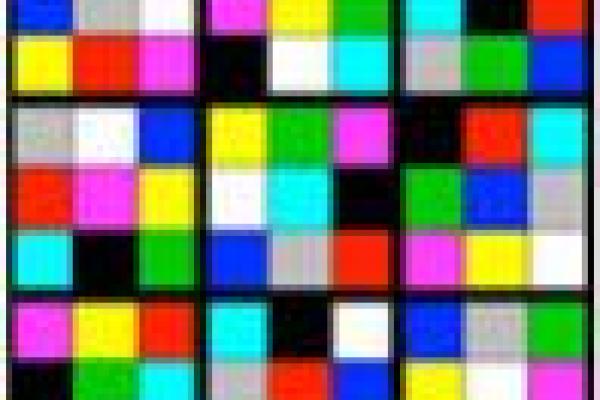What makes an object into a musical instrument?

Searching for the missing truth
Many people like mathematics because it gives definite answers. Things are either true or false, and true things seem true in a very fundamental way. But it's not quite like that. You can actually build different versions of maths in which statements are true or false depending on your preference. So is maths just a game in which we choose the rules to suit our purpose? Or is there a "correct" set of rules to use? We find out with the mathematician Hugh Woodin.
Exotic spheres, or why 4-dimensional space is a crazy place
For years, scientists and science fiction writers have contemplated the possibilities of higher dimensional spaces. What would a 4- or 5-dimensional universe look like?
Outer space: What goes up must come down
How large are the forces acting on a gymnast swinging on the high bar?
Measuring catastrophic risk
Insurance companies offer protection against rare but catastrophic events like hurricanes or earthquakes. But how do they work out the financial risks associated to these disasters? Shane Latchman investigates.
Hidden dimensions
That geometry should be relevant to physics is no surprise — after all, space is the arena in which physics happens. What is surprising, though, is the extent to which the geometry of space actually determines physics and just how exotic the geometric structure of our Universe appears to be. Plus met up with mathematician Shing-Tung Yau to find out more.

Understanding Uncertainty: Pure randomness in art
This article is based on a talk I gave at the recent John Cage exhibition in the Kettles Yard gallery in Cambridge. Cage is perhaps best known for his avant-garde music, particularly his silent 1952 composition 4′33″ but also for his use of randomness in aleatory music. But Cage also used randomness in his art.
Florence Nightingale: The compassionate statistician
Florence Nightingale died a hundred years ago, in August 1910. She survives in our imaginations as an inspired nurse, who cared passionately for injured and dying soldiers during the Crimean war, and then radically reformed professional nursing as a result of the horrors she witnessed. But the "lady with the lamp" was also a pioneering and passionate statistician. She understood the influential role of statistics and used them to support her convictions. So to commemorate her on the centenary of her death, we'll have a look at her life and work as a statistician.
Flying home with quantum physics
Quantum mechanics is usually associated with weird and counterintuitve phenomena we can't observe in real life. But it turns out that quantum processes can occur in living organisms, too, and with very concrete consequences. Some species of birds use quantum mechanics to navigate. And as Plus found out at a recent conference, studying these little creatures' quantum compass may help us achieve the holy grail of computer science: building a quantum computer.